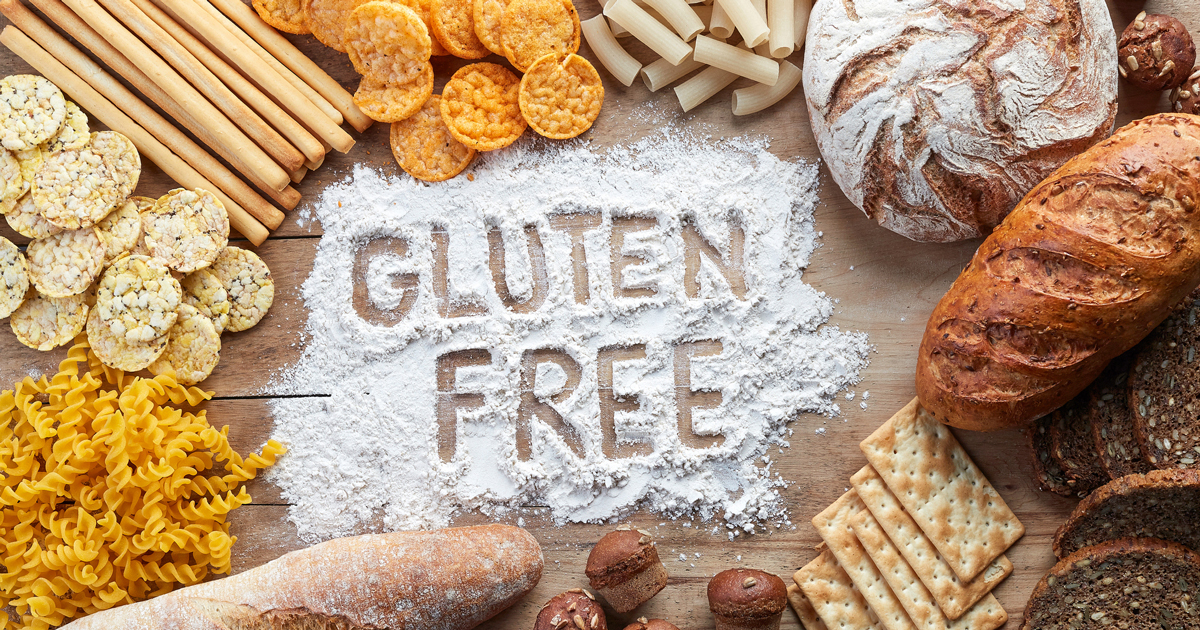Can a gluten-free diet prevent celiac disease or cancer?

This article provided by Erin Williams, graduate student in medical nutrition.
Pasta, salad dressings, bread – these are a few examples of foods that contain gluten. Gluten is a protein that is found in wheat, barley and rye foods. It acts as a "glue" for food to maintain its shape and texture.
A common question is if gluten can increase inflammation and your overall cancer risk. Let's look at the science.
Can gluten cause celiac disease? No.
Celiac disease is a disease that affects a person's intestines. When individuals with this disease eat food with gluten in it, their bodies send a powerful response. This response attacks the person's intestines and seriously damages them. Celiac disease is a genetic disease, so, avoiding gluten does not decrease someone's risk of it.
1 in 133 Americans has celiac disease – about 1% of the population.
Symptoms of celiac disease:
- Bloating
- Chronic diarrhea
- Constipation
- Gas
- Lactose intolerance
- Loose, greasy, bulky and smelly stools
- Nausea or vomiting
- Pain the abdomen
If you have celiac disease, it's important to avoid gluten. Choose gluten-free grains like rice, quinoa, buckwheat and oats (make sure they are certified gluten-free).
Can gluten increase my cancer risk? No.
On its own, gluten does not cause inflammation in non-celiac individuals. Eating gluten-containing foods does not increase inflammation in these people. This also means it does not increase a person's risk for developing, or redeveloping, cancer. In fact, eating 3 ounces of whole grains daily can actually decrease the risk for certain cancers. If you haven't been diagnosed with celiac disease, you don't need to avoid gluten.
An England study found that celiac patients following a gluten-free diet did not have an increased risk of developing cancer. However, people with celiac disease who were eating some amount of gluten saw an increased risk of certain cancers.
What you can do to decrease your overall cancer risk
- Eat a well-balanced diet
- Maintain a healthy weight
- Get regular physical activity
- Avoid smoking
- Limit alcohol consumption
- Schedule an appointment with our Cancer Risk and Prevention Clinic





